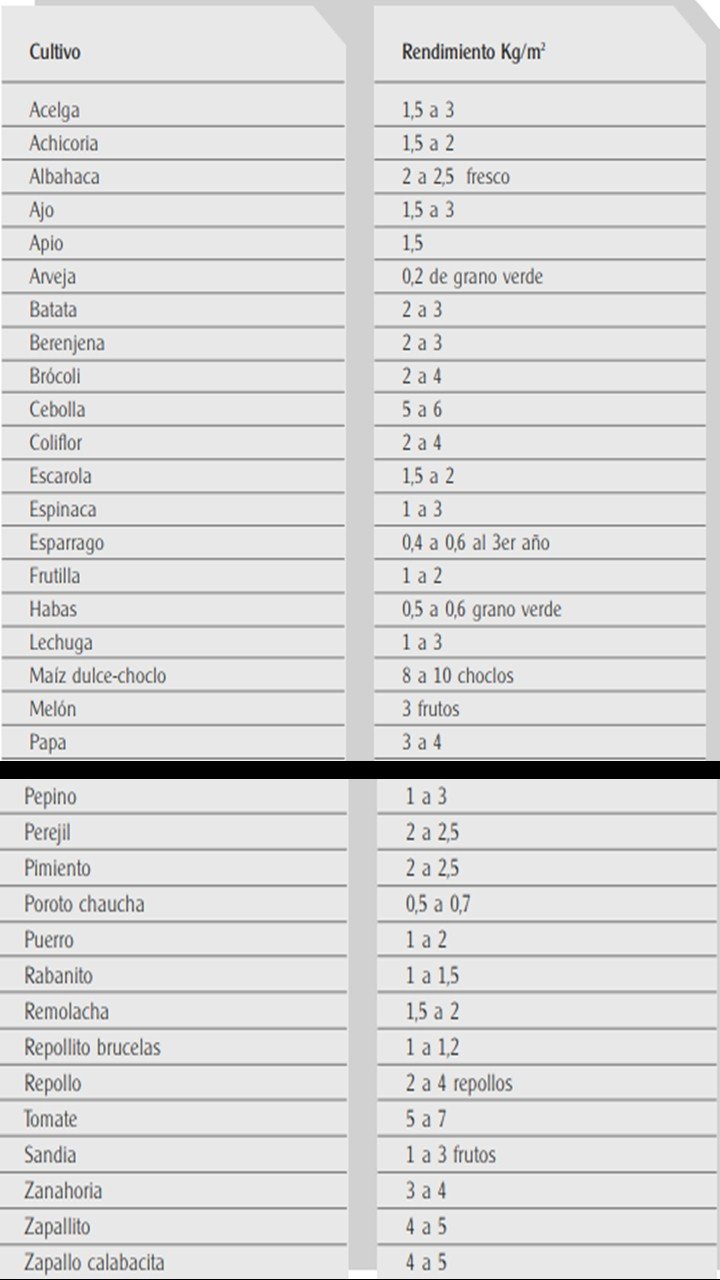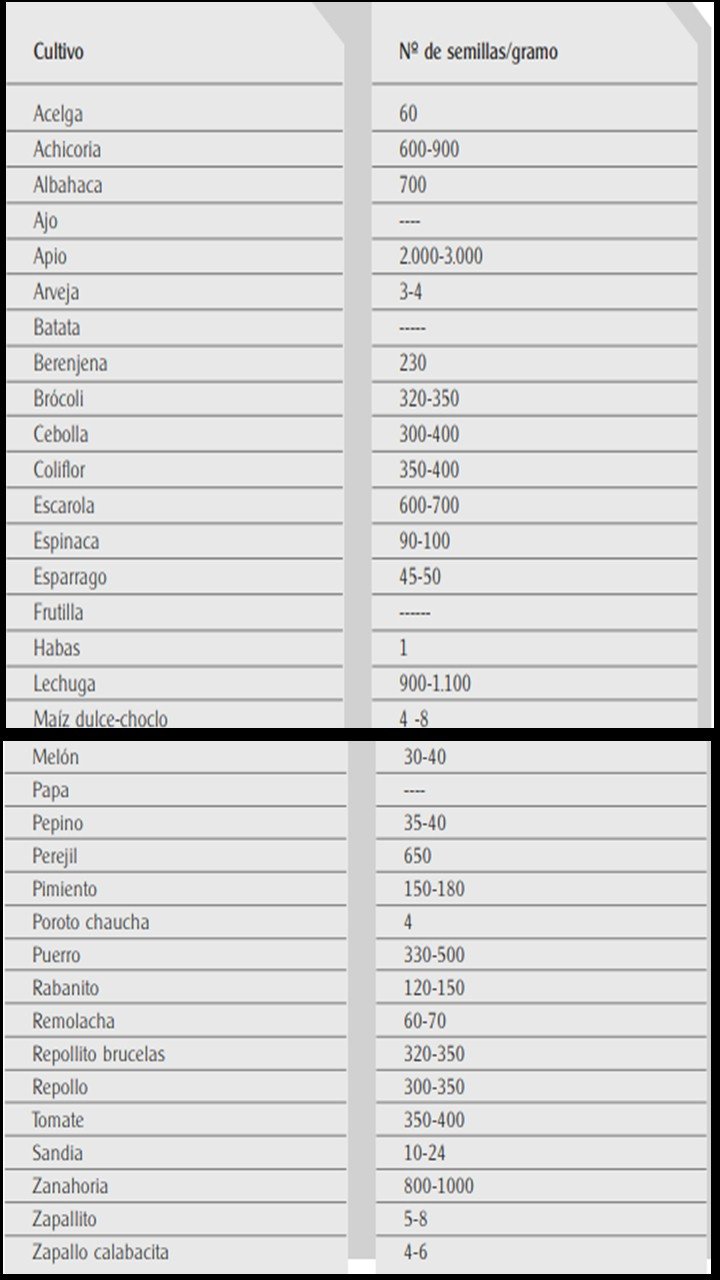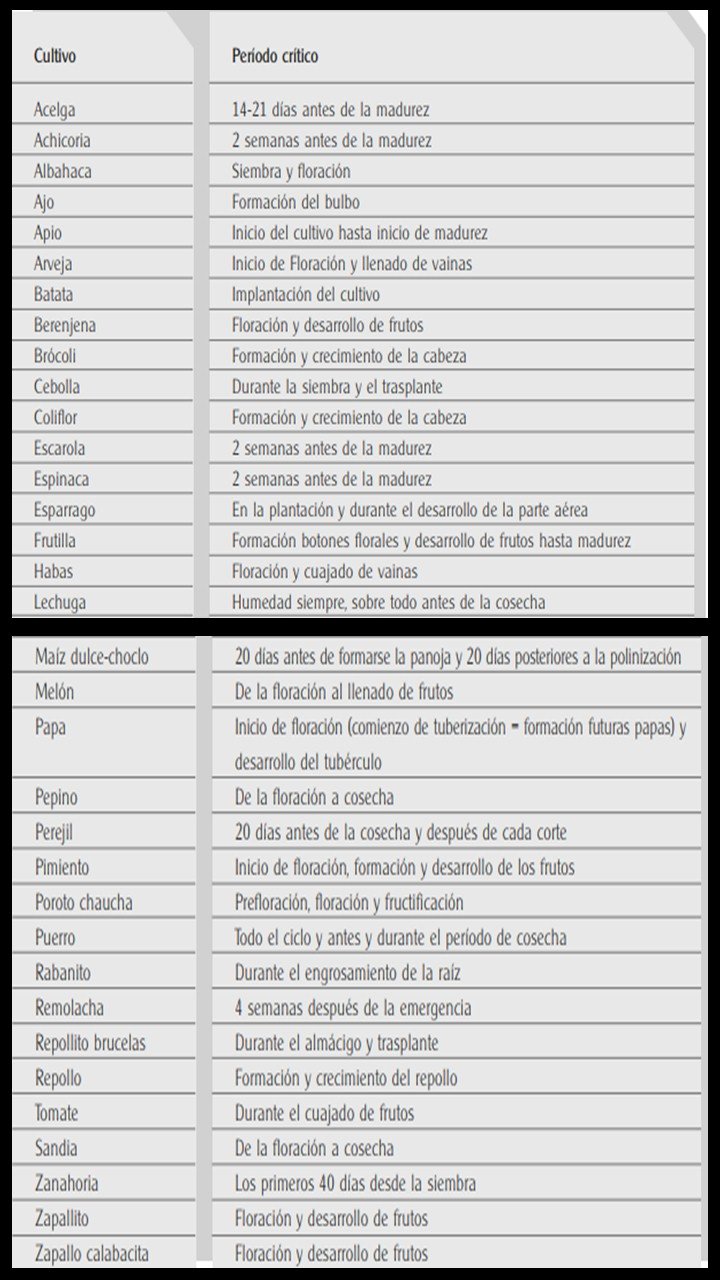
Pixabay public domain image source
Introduction
It is strategic to give great importance to the agroecological bases of food pursuing a series of aspects that lead us to meet the following objectives:
Make each urban or rural community, a social actor endowed with the will to create social, economic and agro-ecological conditions so that each family becomes a subject capable of improving the quality of life of all its members. This refers to self-sustaining consciousness, many citizens of this world want to live apart from the empirical knowledge that our nature provides us to be independent of traditional production systems, we do not have to depend on the markets to go and buy agricultural products , which we can very easily cultivate in our homes.
Enrich food security through the production of healthy foods of high biological value for family consumption. This means that when sowing our own crops, we will know what organic fertilizers our crops will have, without transgenic alteration, using fertilizers and repellents for pests of agroecological origin, with this we will be enriching our food capacity with healthy food, without the risk of malnutrition or diseases.
Increase the monetary income of families through the sale of surplus, exchange or barter. If we all manage to adopt this method of generating short-cycle crops of organic orchards in our homes, we will have the ability to have an extra surplus of our traditional jobs, all families and neighboring communities will have the ability to exchange their products, making us sovereign and independent of the monopolies of agricultural production.
Forms and perceptions of work in the development of home organic gardens
That the development of these gardens in our homes, does not mean that they have to lack academic and scientific knowledge, that is why you must have a mentality in which you work with production characteristics that are governed by the laws of the nature, where our directions are from the simple to the complex, from the individual to the group, where a great diversity of sowing is generated that impacts on a high productivity, giving economic and food stability to our homes.
"A society must consider human life, and that in all its manifestations there are greater possibilities to live with dignity, health, and well-being, for this my proposal to include organic gardens in our homes."
Other ways of thinking and conceiving this work in our homes is that of solidarity with our neighbors, the love of our nature must prevail, since the love with which we make our crops, in that same proportion will bear fruit so longed for
To emphasize the importance of this type of crops should study:
- Climate and soil.
- Form and time of sowing.
- Care of the crop.
- Harvest.
Conclusions and annexes
All the care during the cultivation of any item is very important, but above all it should be taken into account to cultivate them under the four parameters in which it was explained previously, now in this publication you can not mention all the items more important because the publication would be very extensive. Due to this I present a series of annexes where reference is made to the yields achieved by a family garden measured in the production of kilograms per square meter of planting, quantity of seeds per gram, critical periods for cultivation due to the lack of Water.
Annexes:

Yield of some crops in kg / m2

Source of table: Manual of crops for the family organic garden / Enrique Goites; literary edition by Janine Schonwald. 1st edition. Buenos Aires: National Institute of Agricultural Technology - INTA, 2008.

Approximate number of seeds per gram.

Source of table: Manual of crops for the family organic garden / Enrique Goites; literary edition by Janine Schonwald. 1st edition. Buenos Aires: National Institute of Agricultural Technology - INTA, 2008.

Periods critical to the lack of water.

Source of table: Manual of crops for the family organic garden / Enrique Goites; literary edition by Janine Schonwald. 1st edition. Buenos Aires: National Institute of Agricultural Technology - INTA, 2008.
Bibliography consulted:
Manual of crops for the family organic garden / Enrique Goites; literary edition by Janine Schonwald. 1st edition. Buenos Aires: National Institute of Agricultural Technology - INTA, 2008.
Congratulations @alix96! You have completed the following achievement on the Steem blockchain and have been rewarded with new badge(s) :
Click on the badge to view your Board of Honor.
If you no longer want to receive notifications, reply to this comment with the word
STOPDo not miss the last post from @steemitboard:
Congratulations @alix96! You have completed the following achievement on the Steem blockchain and have been rewarded with new badge(s) :
Click on the badge to view your Board of Honor.
If you no longer want to receive notifications, reply to this comment with the word
STOPDo not miss the last post from @steemitboard:
Congratulations @alix96! You have completed the following achievement on the Steem blockchain and have been rewarded with new badge(s) :
Click on the badge to view your Board of Honor.
If you no longer want to receive notifications, reply to this comment with the word
STOPCongratulations @alix96! You received a personal award!
Happy Birthday! - You are on the Steem blockchain for 1 year!
Click here to view your Board
Congratulations @alix96! You received a personal award!
You can view your badges on your Steem Board and compare to others on the Steem Ranking
Vote for @Steemitboard as a witness to get one more award and increased upvotes!